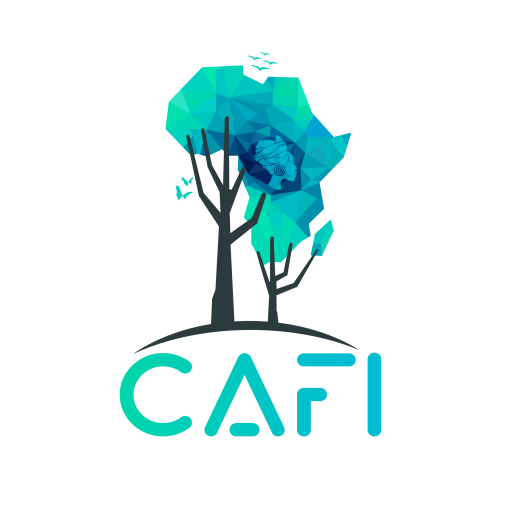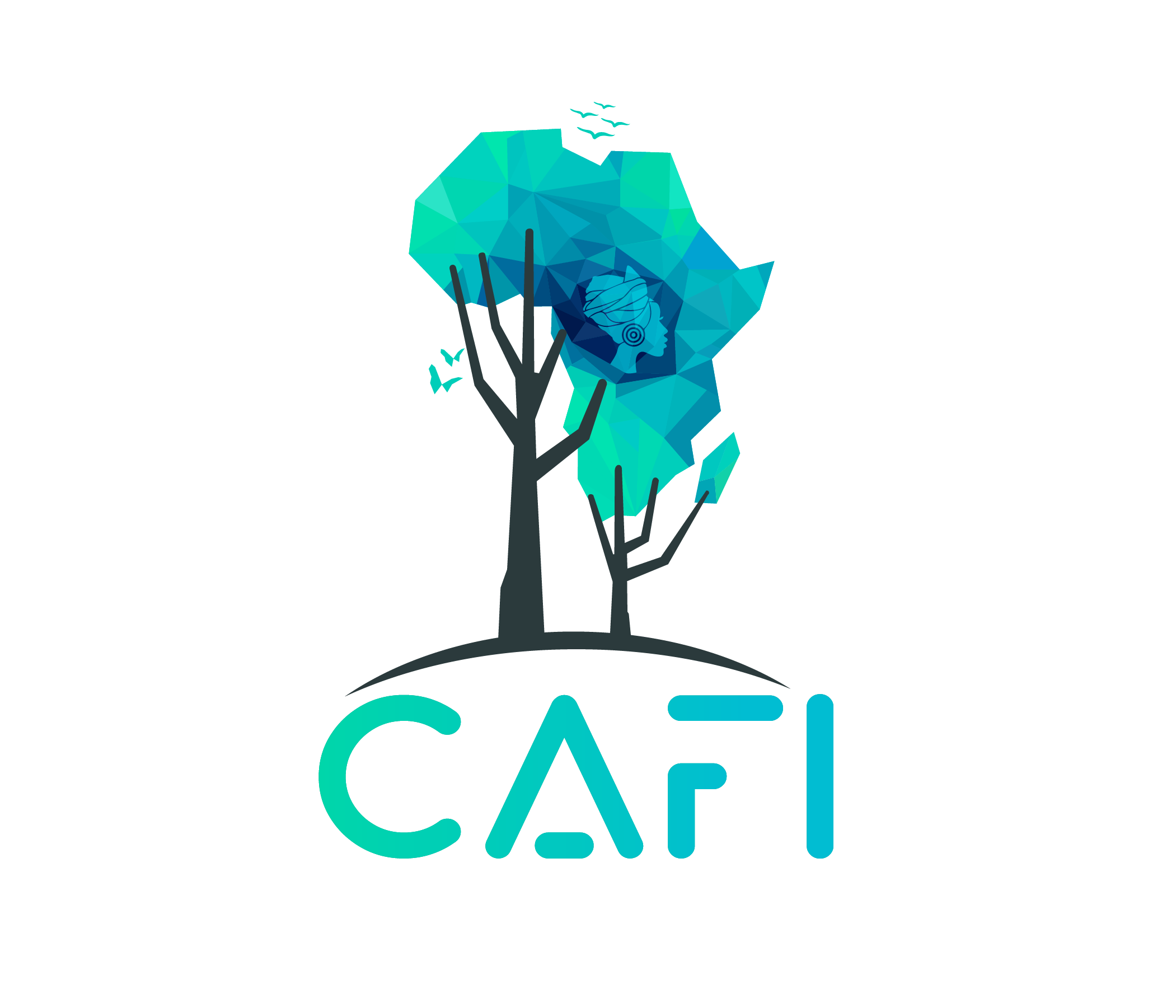5 July 2025- The historical promulgation of the Land use planning Law of the Democratic Republic of Congo by HEM President Félix Antoine Tshisekedi Tshilombo signals its entry into force and marked a milestone towards a national land-use system built on inclusive and rights-based principles.
This major reform puts an end to the colonial decree of 1957 and establishes clear rules to plan, organise and develop the national territory in a fairer and more sustainable way.
Land use planning is a fundamental basis for successful PES (Payments for Environmental Services), as it ensures optimal resource management, better planning, and equitable distribution of benefits.
This reform has been supported since 2017 by CAFI, through a project with the FONAREDD implemented by UNDP and supports from several major civil society organizations, illustrating the importance of international partnerships in accompanying the national vision of a better-planned Congo, firmly committed to sustainable development.
Progressive provisions
- Environmental protection : Specific measures aim to protect sensitive ecosystems—wetlands, peatlands—as well as emblematic species of the nation’s biodiversity. The text also takes into account the fight against climate change, helping to strengthen the country’s resilience in the face of environmental challenges
- Decentralized and Inclusive Planning: The law promotes a bottom-up planning approach that empowers communities to co-create land-use plans.
- Recognition of Community Customary Land Rights: For the first time, community customary land rights are explicitly acknowledged within the national land-use framework.
- Free, Prior, and Informed Consent (FPIC): Communities now have the right to be consulted and to give or withhold consent for activities affecting their lands.
- Improved Conflict Resolution and Coordination: Clear guidelines have been introduced to harmonize sectoral policies and solve land conflicts.


 LAT-N°25-045-du-01juil2025-Journ-Officiel-11juil25-66-e-annee-N°special.pdf
LAT-N°25-045-du-01juil2025-Journ-Officiel-11juil25-66-e-annee-N°special.pdf